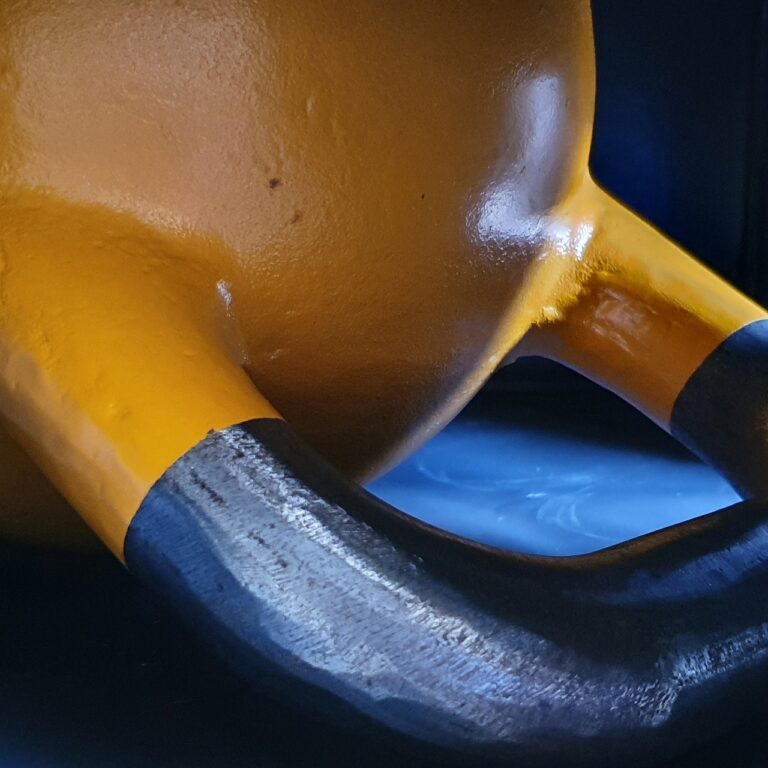The Power of Laughter: How Humor Affects Health and Happiness
Laughter is a universal behavior that transcends cultural boundaries and unites humanity in joyous moments. From a scientific perspective, laughter is a complex physiological response that involves various regions of the brain, triggering a cascade of events that lead to feelings of happiness and relaxation. Research has shown that laughter activates the release of endorphins, our body’s natural feel-good chemicals, which can help reduce stress and improve our overall well-being.
Furthermore, laughter has been found to boost our immune system by increasing the production of antibodies and activating immune cells. This explains why people who laugh frequently tend to have stronger immune responses and are more resilient to illnesses. Additionally, the act of laughing increases blood flow and oxygenation in the body, promoting better cardiovascular health. Overall, understanding the science behind laughter sheds light on the profound impact it has on our physical and mental health.
Physical Benefits of Humor
Laughter has been found to have numerous physical benefits on the body. When we laugh, our muscles contract and relax, providing a natural form of exercise for our facial muscles, diaphragm, and even our heart. This can help improve circulation and lower blood pressure, contributing to overall cardiovascular health.
Furthermore, laughter has been shown to boost the immune system by increasing the production of antibodies and activating T cells, which help fight off infections and diseases. Research has also suggested that laughing can reduce pain perception by releasing endorphins, the body’s natural painkillers. In essence, incorporating humor and laughter into our daily lives can have a profound impact on our physical well-being.
Mental Health and Laughter
Laughter has long been recognized as a powerful tool for improving mental health. When we laugh, our brain releases endorphins, which are the body’s natural feel-good chemicals. This can help lower stress levels and elevate our mood, leading to a sense of overall well-being. Additionally, laughing can also reduce feelings of anxiety and depression by promoting relaxation and increasing our resilience to negative emotions.
Incorporating humor into our daily lives can help us better cope with challenges and setbacks. When we approach difficult situations with a light-hearted perspective, we are better able to maintain a positive outlook and avoid feelings of helplessness. Laughter can also strengthen social connections and improve our relationships with others, fostering a sense of community and support during tough times. Ultimately, prioritizing laughter and finding moments of joy in our lives can have profound effects on our mental health and overall happiness.







